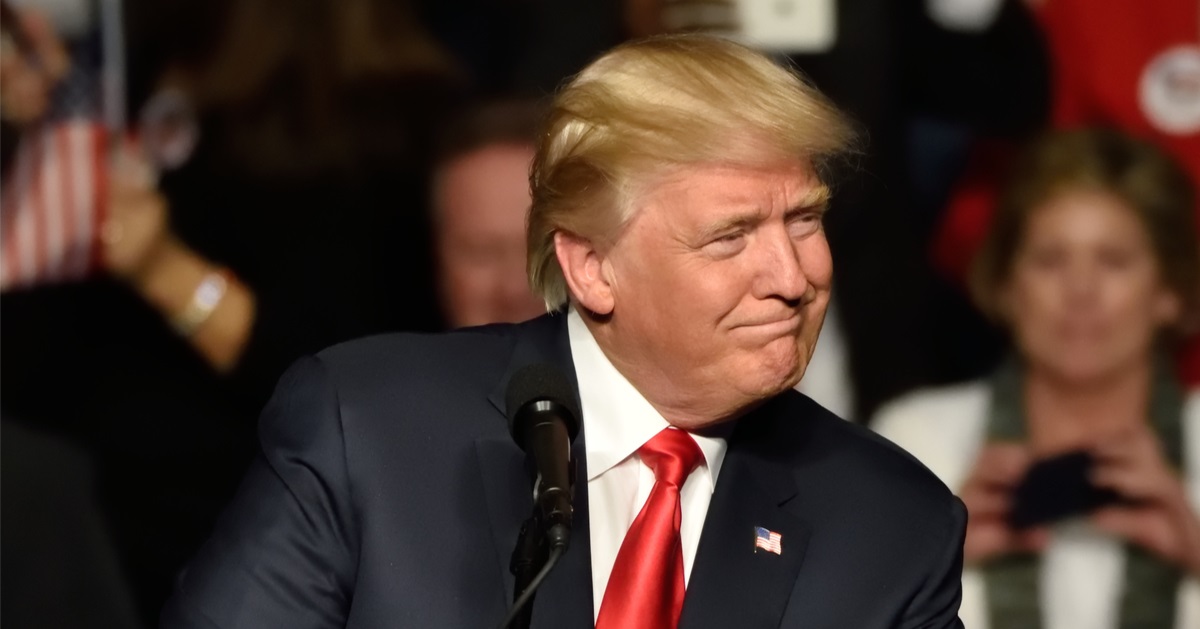Supreme Court upholds Mississippi law requiring age verification for minors on many social media platforms
The battle rages on between major tech companies, specifically social media platforms, and those who believe it’s a breeding ground for harm to children.
In this case, the nation’s Supreme Court declined to block the state of Mississippi from enforcing a law passed there, requiring social media age-verification for nine major platforms, as NPR reported.
The nation’s high court weighed in on an emergency injunction filed by internet trade group NetChoice, who requested that the court overrule the state law.
The group wanted the Supreme Court to uphold a lower court’s decision that would have protected social media giants like Meta, X, and YouTube from the new requirement
The law
The state law requires social media companies to obtain proof of a user’s age in order to use their platform.
Minors are required to obtain express consent from a parent or guardian to use the services, and websites that don’t work to eliminate exposure of harmful content to minors face a $10,000 fine.
A lower court judge, U.S. District Judge Halil Suleyman Ozerden, ruled that the law was unconstitutional as it applied to the group, which included YouTube, X, Snapchat, Reddit, Pinterest, Nextdoor, Dreamwidth and Meta, which owns Facebook and Instagram.
Case details
That ruling was appealed, and the judge’s decision that shielded the companies was overruled. NetChoice asked the Supreme Court to put Ozerden’s decision back into action.
“Neither NetChoice nor this Court can know why the Fifth Circuit believed this law satisfies the First Amendment’s stringent demands or deviated from the seven other decisions enjoining similar laws,” NetChoice said in the request.
The group argued that it would be subject to “immediate, irreparable” injury if the law were implemented.
🚨🏛️NetChoice Urges Supreme Court to Stop Mississippi From Censoring Free Speech Online
WASHINGTON—Today, NetChoice filed an emergency application to the U.S. Supreme Court, urging the justices to reinstate our preliminary injunction against Mississippi’s I.D.-for-Speech law, HB… pic.twitter.com/5oOsBSKGPy
— NetChoice (@NetChoice) July 21, 2025
Justice caution
While the vote count from the nation’s high court was not released, at least one justice did show his hand, Justice Brett Kavanaugh, who authored a solo opinion on the topic.
Kavanaugh said that NetChoice will likely win its First Amendment claim, eventually, though he didn’t vote in favor of their request this time around.
“In short, under this Court’s case law as it currently stands, the Mississippi law is likely unconstitutional,” Kavanaugh’s brief opinion reads.
“Nonetheless, because NetChoice has not sufficiently demonstrated that the balance of harms and equities favors it at this time, I concur in the Court’s denial of the application for interim relief,” the conservative justice said.




